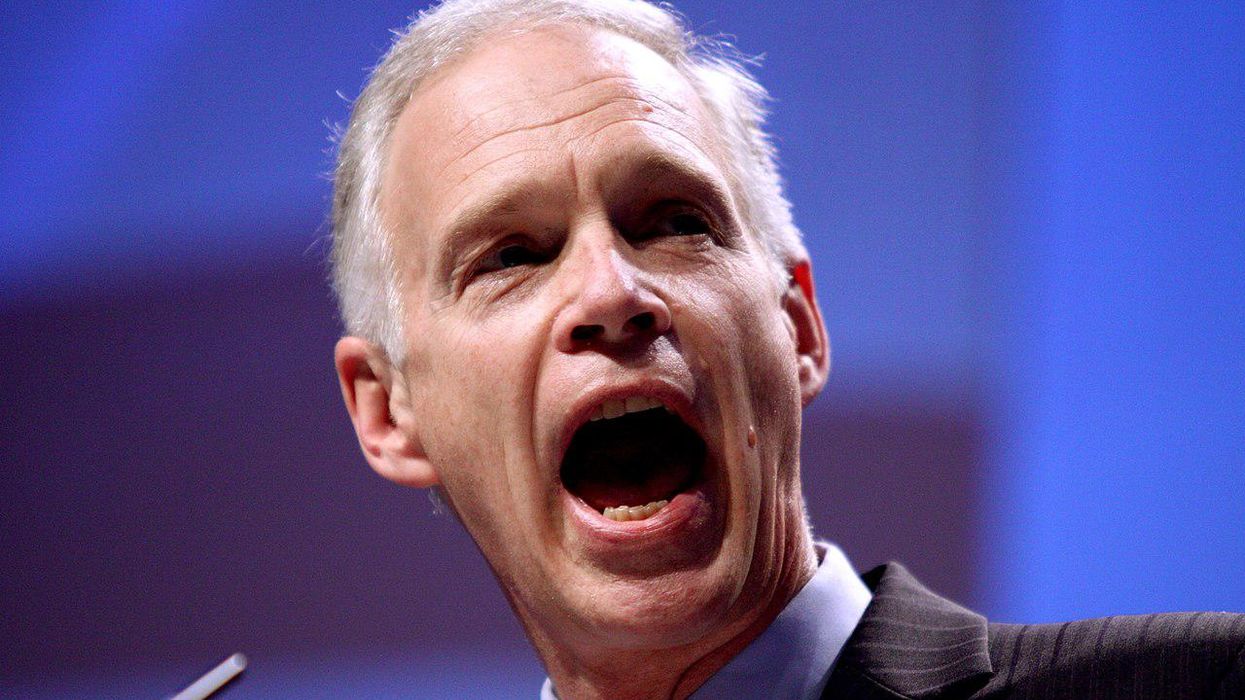Many of President Donald Trump's cheerleaders at right-wing media outlets, from Fox News to Newsmax TV and One America News (OAN), are echoing his claim that Americans can expect "the biggest tax cut in history" during his second term. But Trump's detractors are countering that his economic plan will mainly benefit the richest of the rich — while causing considerable hardship to the middle class and the poor.
Some economists, in fact, are even worried that Trump's tariffs will cause "stagflation," a painful combination of inflation, unemployment and poor economic growth. Stagflation played a major role in President Jimmy Carter's landslide defeat in 1980 and persisted during President Ronald Reagan's first few years in office.
In an article published on April 12, Salon's Russell Payne offers some reasons why Trump's critics are worried about what lies ahead for the middle class and the poor.
READ MORE: 'Nothing to worry about': Brutal Fox News parody 'Foxsplains' Trump tariffs
One of those critics is Elizabeth Pancotti, managing director for the Groundwork Collective and a former adviser to progressive Sen. Bernie Sanders (I-Vermont).
Pancotti described the Trump/GOP economic plan as a "triple whammy of massive redistribution in a society that is already tilted toward the wealthy," telling Salon, "The end goal here is to redistribute trillions of dollars from the middle and working class at the bottom to the one percent and the wealthy folks. They're doing that in three different ways."
According to Pancotti, those three different ways are tariffs, tax cuts from the ultra-wealth, and major cuts to safety-net programs like Medicaid.
Payne explains, "Tariffs, Pancotti said, are a regressive tax that disproportionately impacts lower earners because, in essence, a tariff is a sales tax on imported goods. Because lower-income Americans spend a larger proportion of their income on goods, they will also spend a larger proportion of their income paying the tariffs on affected goods. At the same time, Pacotti said, the Trump tax cuts, which Republicans were planning to extend, were skewed to benefit the wealthiest Americans…. The Yale Budget Lab estimated that Trump's tariff plan will likely cost the average American household around $4689 a year — a sum that eclipses the tax cut that most households received in the GOP's budget plan while only being about 8 percent of the average tax cut the wealthiest households received"
READ MORE: 'The Southern border is under attack': Trump orders US military to take over strip of land
According to Dean Baker, an economist at the Center for Economic and Policy Research, cuts to Internal Revenue Service (IRS) staff will make it easier for the ultra-rich to dodge taxes.
Baker told Salon, "Most of us have our tax deducted from our wages. We don't have much choice in the matter. So you both have, you know, the legislative changes that reduce their tax liability, but also, you know the fact of change is that if you don't have much by way of enforcement, you have a lot of people that don't pay their taxes."
READ MORE: The main reason Trump hit the pause on higher tariffs


